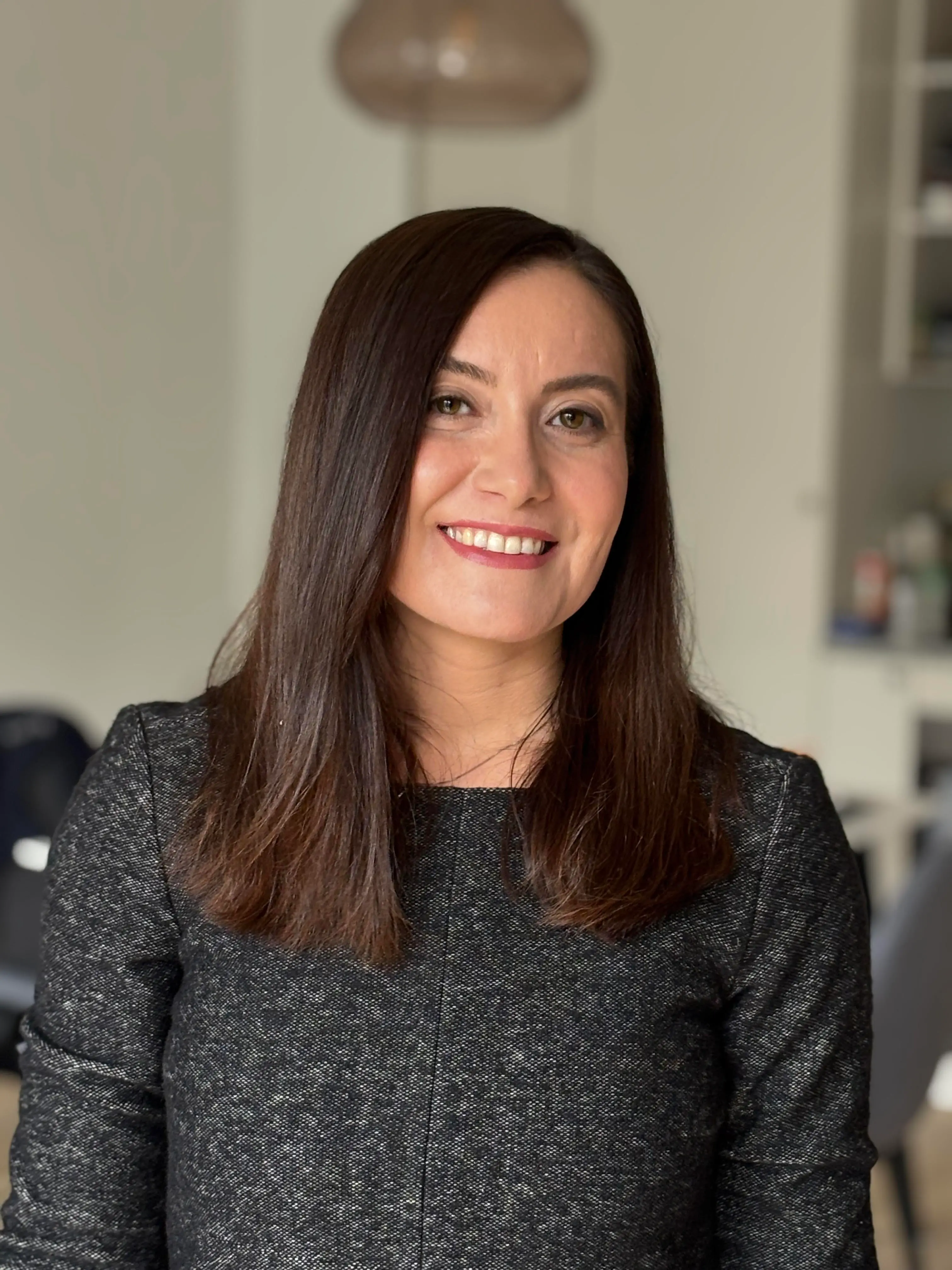Self-Driving vehicles aim to improve elderly safety

Photo: Nabeel Syed on Unsplash

Older people can live safer and more independent lives with the help of autonomous vehicles. Now, researchers at Jönköping University (JU) are receiving international funding to investigate how the technology can best be adapted to the needs of older people.
“Our project seeks to promote mobility within the community, independent living, to enhance safety and foster trust in older people towards everyday technology,” says Neziha Akalin, postdoctoral researcher at School of Engineering, JU, and one of the project leaders.
With the rapid development of technology, society is constantly being given new opportunities to change and improve. In a new international research project, three researchers at JU will investigate how older people experience self-driving vehicles, with the aim of making the technology safer, more user-friendly and accessible. The project aims to promote social activity among older people, even if they have difficulty getting out on their own.
“We are very excited about this project, as we believe that technological advancements should be used to help people, making their lives easier and safer,” says Neziha Akalin.

Neziha Akalin, postdoctoral researcher at JTH, is one of the project leaders within the research project regarding older people, independency and safety with the help of autonomous vehicles.
Funding via MIRAI-STINT
Last summer, STINT (the Swedish Foundation for International Cooperation in Research and Higher Education) granted 10 million SEK to MIRAI, External link, opens in new window. a research collaboration between Swedish and Japanese universities that focuses on research related to the global sustainability goals. At the end of March, eleven research projects received funding. One of them is the project led by Neziha Akalin and former research colleague Dr Nihan Karatas, researcher at Nagoya University in Japan.
The funding will be used, among other things, for travel between Sweden and Japan in connection with data collection. An exchange visit, where a researcher from a Japanese university will visit JU, has already been planned for the initial phase of the project.
In addition to Akalin and Karatas, Maria Riveiro, Professor of Computer Engineering at the School of Engineering, and Sofi Fristedt, Associate Professor at the School of Health and Welfare, are also participating as co-applicants in the research project. This will be the second time the researchers have joined forces in a MIRAI project.
“We have learnt a lot in the past, so I am happy to be involved in this second round as well,” says Sofi Fristedt.
Sofi, whose doctoral thesis was on everyday travel opportunities, emphasises how crucial physical movement is for older people to avoid the risk of involuntary loneliness. At the same time, she wants a more nuanced view of older car drivers.
“Of course, age brings with it some illnesses that can affect one's ability to drive. But age in itself does not have to be an obstacle,” says Sofi.
She emphasises that most older people have good driving skills and hopes that the project will create new, improved conditions that will encourage older people to dare to use a car in a different way, and prolong their years of driving.
More JU researchers participate in MIRAI projects
Other researchers at Jönköping University have also been granted funding within the framework of MIRAI-STINT, as participants in projects led by other universities.
- Anette Johansson, Postdoctoral researcher at the School of Health and Welfare, co-applicant in "Towards the use of Artificial Intelligence to relieve loneliness: a comparative study of loneliness of male and female older adults in Sweden and Japan.”
- Neziha Akalin, Postdoctoral researcher at the School of Engineering, main applicant in ”Safety Perceptions of older adults for autonomous driving in Japan and Sweden“
- Maria Riveiro, Professor of Computer Engineering at the School of Engineering, co-applicant in “Safety Perceptions of older adults for autonomous driving in Japan and Sweden."
- Sofi Fristedt, Associate Professor at the School of Health and Welfare, co-applicant in “Safety Perceptions of older adults for autonomous driving in Japan and Sweden.”
- Johanna Johansson, PhD student at Jönköping University School of Health and Welfare, co-applicant in “Climate Game Changers - Gamification for the empowerment to adapt to climate change.”
- Susanne Gustafsson, Associate Professor at the School of Health and Welfare, co-applicant in “Climate Game Changers - Gamification for the empowerment to adapt to climate change.”
